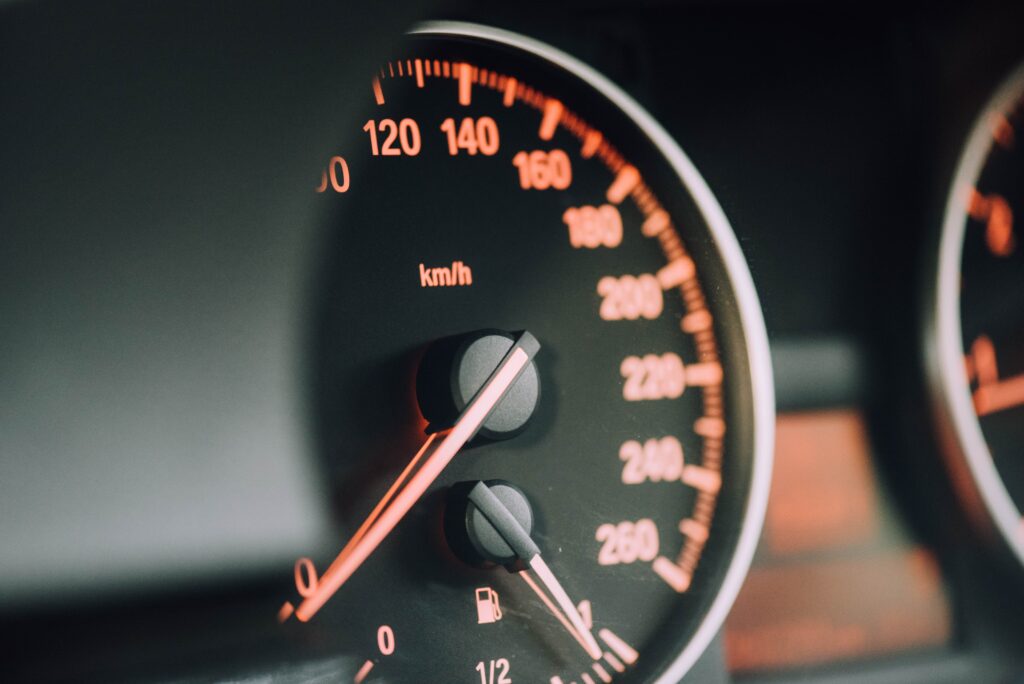In this article, we will discuss whether a bad exhaust system can cause a car to stall. We’ll explore the potential problems that can arise from a faulty exhaust system and how it can affect the overall performance of your vehicle. By the end, you’ll have a better understanding of the relationship between a bad exhaust system and stalling, and what you can do to prevent it.
What is an exhaust system?
An exhaust system is an essential component of a car that is responsible for removing and directing harmful gases produced by the engine. It consists of several interconnected parts that work together to control emissions and enhance car performance.
Components of an exhaust system
The main components of an exhaust system include the exhaust manifold, catalytic converter, muffler, and tailpipe. The exhaust manifold collects exhaust gases from each cylinder and directs them to the catalytic converter. The catalytic converter then converts harmful gases, such as carbon monoxide and nitrogen oxides, into less harmful substances. The muffler reduces noise generated by the engine, and the tailpipe releases the treated gases into the atmosphere.
Role of an exhaust system in a car
The exhaust system plays a crucial role in a car’s overall performance and safety. It directly affects engine performance, fuel efficiency, and emissions. A properly functioning exhaust system ensures that the engine runs smoothly and efficiently, allowing the car to operate at its best capacity.
How does a car stall?
Car stalling refers to when the engine suddenly stops running while the vehicle is in motion or idle. It can be a frustrating and potentially dangerous situation for drivers. Several factors can cause a car to stall, including mechanical issues, fuel problems, or electrical malfunctions.
Explanation of car stalling
Car stalling can occur due to various reasons, such as a malfunctioning fuel pump, clogged fuel filter, spark plug problems, or ignition system failure. When any of these components fail to function properly, it disrupts the combustion process, resulting in a loss of power and engine shutdown.
Factors that can cause a car to stall
Apart from mechanical and fuel-related issues, a bad exhaust system can also contribute to car stalling. A poorly maintained or damaged exhaust system can lead to restricted airflow, excess back pressure, or exhaust leaks, which can affect the engine’s performance and cause it to stall.

Effects of a bad exhaust system on car performance
A bad exhaust system can have detrimental effects on a car’s performance and efficiency. It can create obstacles that impede the engine’s ability to operate optimally, resulting in various performance issues.
Impaired engine performance
A bad exhaust system can lead to impaired engine performance. Restricted airflow caused by blockages or damaged components prevents the engine from receiving the required combustion air, leading to reduced power output and slower acceleration. This can make it difficult to maintain constant speed and maneuver the vehicle efficiently.
Decreased fuel efficiency
Another effect of a bad exhaust system is decreased fuel efficiency. When the exhaust system is not functioning properly, the engine has to work harder to expel exhaust gases. This extra effort consumes more fuel, leading to decreased mileage per gallon and increased fuel costs for the driver.
Increased emissions
A bad exhaust system can also contribute to increased emissions. If the exhaust system is not able to properly treat and remove harmful gases, it can result in higher emissions of pollutants, such as carbon monoxide, nitrogen oxides, and hydrocarbons. This not only contributes to air pollution but can also lead to failed emissions tests and potential legal consequences.
Can a bad exhaust system cause a car to stall?
Yes, a bad exhaust system can indeed cause a car to stall. The blockage or restriction of airflow due to a damaged or clogged exhaust system can disrupt the engine’s combustion process and result in stalling.
Impact of exhaust blockage on car stalling
When the exhaust system is blocked, gases cannot efficiently exit the engine, which can lead to a severe increase in back pressure. This can hinder the engine’s ability to expel exhaust gases, causing a buildup of pressure within the cylinders. The excessive pressure disrupts the combustion process and can eventually lead to engine stalling.
How exhaust leaks can lead to car stalling
Exhaust leaks are another common issue that can cause a car to stall. Leaks can occur at joints, pipes, or even within the components themselves. When the exhaust system has leaks, fresh air can enter the exhaust system, disturbing the air-to-fuel ratio. This disrupts the combustion process and can result in engine misfires or stalling.

Symptoms that a bad exhaust system can cause a car to stall
Recognizing the symptoms of a bad exhaust system is crucial in preventing car stalling and addressing potential issues promptly.
Engine misfires
One common symptom of a bad exhaust system is engine misfires. When the exhaust system is not functioning properly, it can lead to unburnt fuel or incomplete combustion, causing the engine to misfire. This can result in a loss of power and eventually lead to stalling.
Loss of power
A bad exhaust system can cause a significant decrease in engine power. The restricted airflow or exhaust leaks can prevent the engine from receiving the necessary oxygen, negatively impacting its performance. As a result, the car may experience a noticeable loss of power, especially during acceleration or uphill driving.
Strange noises or vibrations
Unusual noises or vibrations originating from the exhaust system can indicate problems that may lead to car stalling. Rattling, hissing, or popping sounds can be signs of blockages, leaks, or loose components. These issues should be addressed promptly to prevent further damage and potential stalling.
Preventing car stalling due to a bad exhaust system
To prevent car stalling caused by a bad exhaust system, regular inspection and maintenance are essential.
Regular inspection and maintenance
Regularly inspecting the exhaust system for any signs of damage, leaks, or blockages can help identify potential issues before they escalate. Professional inspections can ensure that all components are in proper working condition and address any necessary repairs or replacements.
Prompt repair and replacement of exhaust components
If any issues with the exhaust system are identified, it is crucial to address them promptly. Repairing or replacing damaged or malfunctioning components can prevent further deterioration and potential stalling. It is recommended to consult with a qualified mechanic for expert advice and assistance.

Importance of a well-functioning exhaust system
Maintaining a well-functioning exhaust system is crucial for overall car performance, safety, and environmental compliance.
Ensuring car performance and safety
A properly functioning exhaust system is essential for the optimal performance of the engine. It allows for efficient and effective combustion, ensuring that the car runs smoothly and provides the power needed for acceleration and safe driving. Moreover, a well-maintained exhaust system reduces the risk of engine overheating and other mechanical failures that can compromise the vehicle’s safety.
Complying with environmental regulations
A well-functioning exhaust system helps reduce emissions, ensuring compliance with environmental regulations. A properly functioning catalytic converter and a leak-free exhaust system effectively treat and reduce harmful gases, minimizing the vehicle’s impact on air quality and the environment.
Conclusion
In conclusion, a bad exhaust system can indeed cause a car to stall. Whether it is due to restricted airflow, blockages, or exhaust leaks, a poorly maintained or damaged exhaust system can negatively impact engine performance and eventually lead to stalling. Recognizing the symptoms and promptly addressing any issues through regular inspection, maintenance, and timely repairs are essential in preventing car stalling. Maintaining a well-functioning exhaust system is not only crucial for optimal car performance and safety but also for complying with environmental regulations. By prioritizing proper maintenance, you can ensure that your car runs smoothly and efficiently, minimizing the risk of stalling and prolonging its lifespan.
